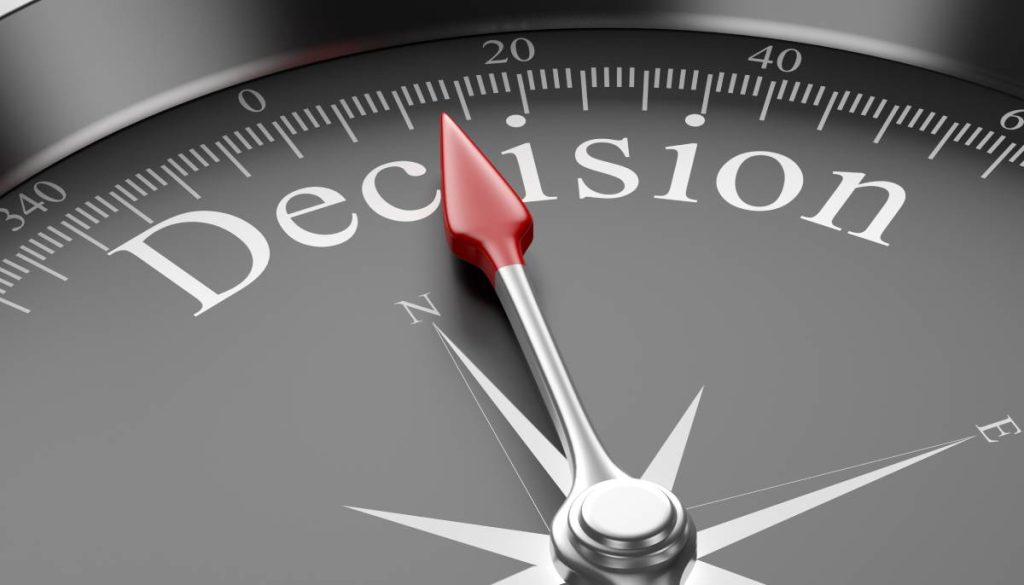
Have you ever walked away from a conversation or relationship wondering why it left you feeling unseen, unheard, or simply exhausted? Often, we chalk these feelings up to personality clashes or bad timing. But beneath the surface, there’s something more foundational at play—personal standards. While many discussions around relationships focus on communication, love languages, or compatibility, few dig into the underlying standards that shape how we show up for others and expect others to show up for us.For more guidelines we can talk about the book What You Didn’t Realize You Already Knew?as it can be the key to creating deeper, healthier, and more fulfilling relationships.
What Are Personal Standards?
Personal standards are the expectations and boundaries we set for ourselves in all areas of life. They define how we treat others, how we want to be treated, and how we carry ourselves even when no one is watching. These standards touch every part of our lives—our work, our routines, our self-image—but perhaps most significantly, they shape our relationships. They’re not rules we impose on others. Instead, they’re self-directed principles:
- “I speak honestly, even when it’s uncomfortable.”
- “I won’t tolerate emotional manipulation.”
- “I prioritize mutual respect.”
- “I apologize when I’m wrong.”
Your personal standards reflect what you believe is fair, what you value, and what you’re willing to accept—or not accept—from others.
Why Do They Matter in Relationships?
Relationships are not just about connection—they’re about alignment. When your personal standards are clear and practiced, you naturally gravitate toward people who share or respect them. When they’re unclear or inconsistent, you often end up in relationships that feel confusing, draining, or one-sided. Let’s explore how personal standards directly influence relationship quality.
1. They Build Respect—Starting With Self-Respect
The way you allow others to treat you often mirrors the way you treat yourself. If you hold yourself to a standard of honesty, empathy, and integrity, it becomes natural to expect the same from those around you. You’re less likely to tolerate disrespect or dishonesty because it contradicts your internal compass. On the flip side, when you consistently compromise your own values to please others, resentment grows. Relationships without mutual respect slowly become transactions—full of scorekeeping, blame, and emotional imbalance. Respect doesn’t demand perfection. It requires alignment between values and actions—both yours and theirs.
2. They Serve as Silent Filters
Strong personal standards act like invisible filters. They attract people who resonate with your values and gently weed out those who don’t. This doesn’t mean you’re judgmental or exclusive—it simply means you’re clear on what you’re available for. Clarity breeds consistency. And in relationships, consistency builds trust.
3. They Help Navigate Conflict with Integrity
No matter how close two people are, conflict is inevitable. But how you handle that conflict—what you say, how you listen, whether you escalate or de-escalate—depends largely on the standards you’ve set for yourself. Someone who holds a personal standard of “I don’t insult others, even in anger” will handle disagreements very differently than someone who’s never defined such boundaries. The goal isn’t to suppress emotion, but to channel it constructively. Personal standards serve as internal guardrails in difficult moments. They keep you from saying things you’ll regret. They remind you to stay grounded in truth, even when your ego is under fire.
4. They Encourage Growth, Not Codependency
It’s easy to fall into the trap of trying to “fix” others or becoming overly dependent on their approval. But strong personal standards shift that dynamic. When you take ownership of your values and behavior, you begin to see relationships not as needs to be met, but as mutual exchanges of care, growth, and presence. Instead of trying to change someone, you assess whether their actions align with your standards. If they do, the relationship deepens. If not, you don’t shame them—you simply choose not to stay in environments that compromise your peace or integrity. That’s not selfish. That’s maturity.
5. They Clarify Boundaries Without Needing Walls
Many people confuse boundaries with barriers. But personal standards help you set boundaries that are firm yet flexible—defined not by fear, but by clarity and self-awareness. If your standard is “I don’t stay in conversations where yelling replaces listening,” you don’t need to make a dramatic exit. You can simply say, “I’d like to continue this when we’re both ready to talk, not shout.” That boundary isn’t rigid—it’s rooted in self-respect and a desire for productive communication. People who value you will honor your boundaries. Those who don’t will reveal themselves in time.
How to Identify Your Personal Standards
If you’re unsure what your current standards are—or suspect they’ve been shaped by fear, insecurity, or people-pleasing—here are some reflection questions to explore:
- What behaviors do I admire most in others?
- What actions or patterns make me feel uncomfortable or disrespected?
- When have I felt proud of how I handled a difficult relationship?
- When have I felt regret about not speaking up, walking away, or being honest?
- What values do I want my relationships to reflect?
From there, begin writing down simple, clear standards that feel authentic to you—not borrowed from books, podcasts, or influencers. These should be values you’re willing to live by, not ideals you think you “should” have.
Living Your Standards Is the Hardest—and Most Important—Part
It’s one thing to define your personal standards. It’s another to live them, especially when it’s inconvenient. There will be moments when upholding your standards means walking away from someone you love. Saying no to an opportunity. Having a difficult conversation. Holding yourself accountable when no one else is watching. But every time you choose your standards over your short-term comfort, you build trust with yourself. And that trust becomes the foundation for relationships that are real, respectful, and resilient.
Conclusion
Strong relationships aren’t built on chemistry alone. They’re built on shared values, clear communication, and mutual respect—all of which begin with personal standards. Your standards are your compass. They help you choose partners, friends, and collaborators who don’t just like you—but who truly honor who you are. So take the time to define them. Then live by them, even when it’s hard. Because when you raise your standards, you don’t just improve your relationships. You transform your life.


